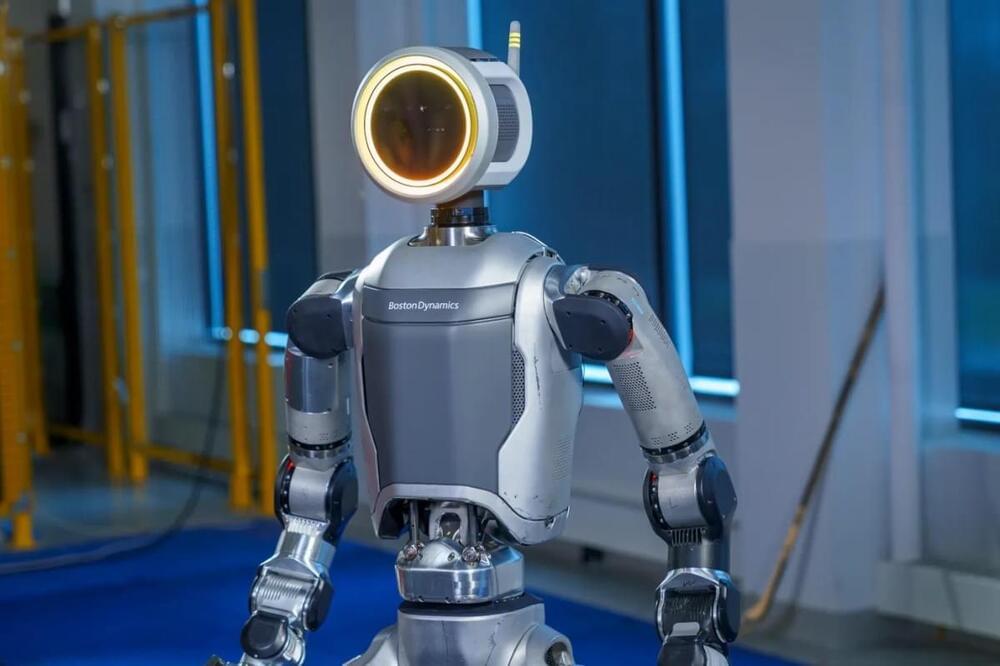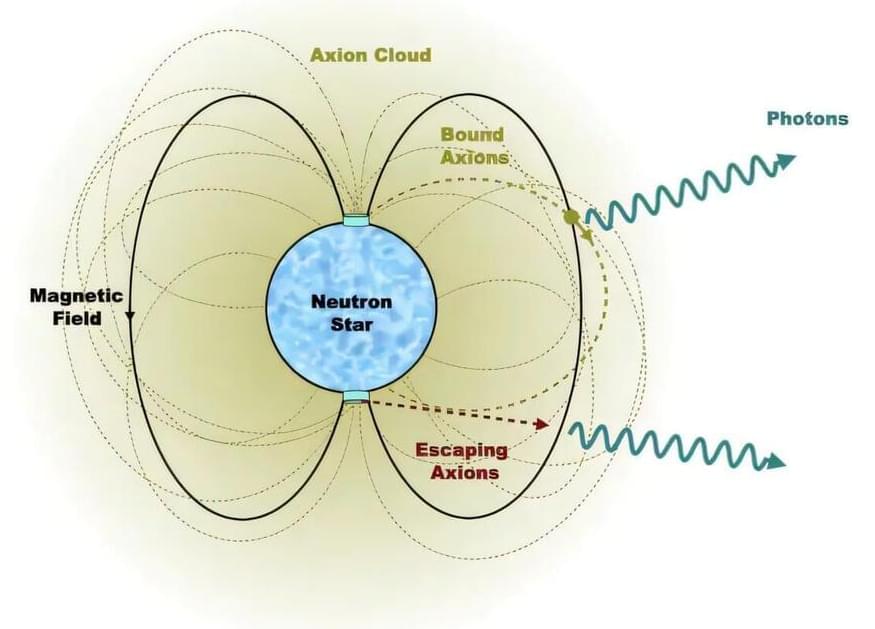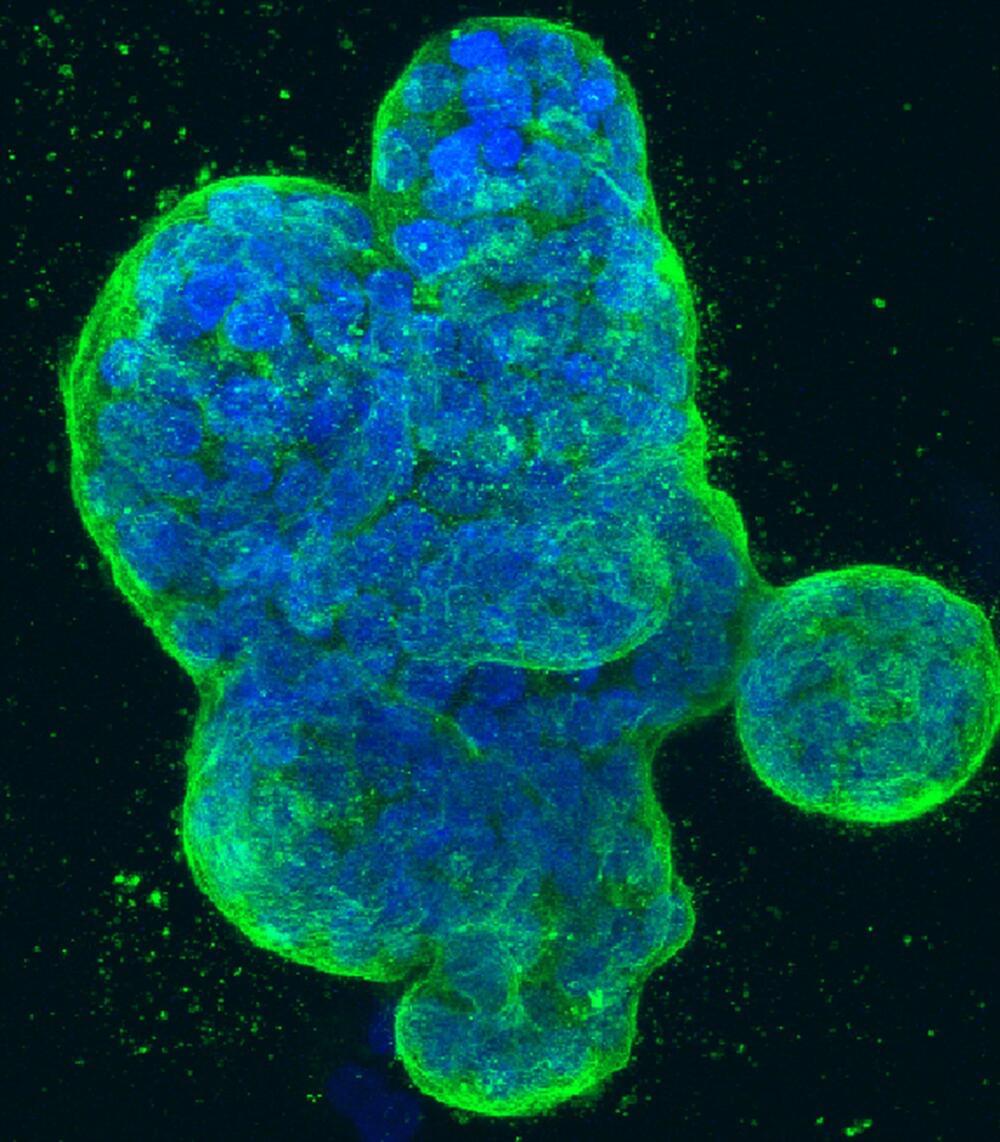Oct 18, 2024
Brighter nights and darker days predict higher mortality risk: A prospective analysis of personal light exposure in
Posted by The Neuro-Network in categories: biotech/medical, computing, health
Australian, American and British researchers conducted a prospective analysis of light levels in almost 89 thousand people and concluded that more light exposure at night and less during the day are associated with an increased risk of death from all causes.
Light enhances or disrupts circadian rhythms, depending on the timing of exposure. Circadian disruption contributes to poor health outcomes that increase mortality risk. Whether personal light exposure predicts mortality risk has not been established. We therefore investigated whether personal day and night light, and light patterns that disrupt circadian rhythms, predicted mortality risk. UK Biobank participants (N = 88,905, 62.4 ± 7.8 y, 57% female) wore light sensors for 1 wk. Day and night light exposures were defined by factor analysis of 24-h light profiles. A computational model of the human circadian pacemaker was applied to model circadian amplitude and phase from light data. Cause-specific mortality was recorded in 3,750 participants across a mean (±SD) follow-up period of 8.0 ± 1.0 y.

















